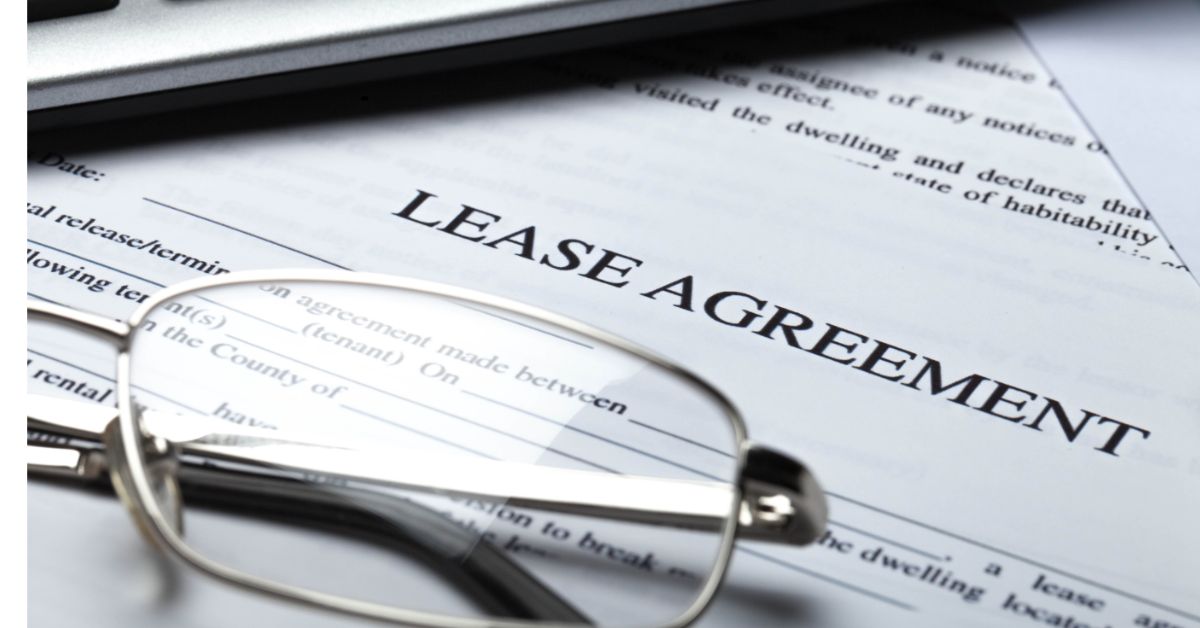Insight
Getting out of a Commercial Lease: Your Rights as Landlord and Tenant

As the cost-of-living crisis continues, one of the pressures affecting the commercial landscape is how landlords and tenants navigate their lease commitments, especially if one party wants to end the lease early.
The decision to end a lease is difficult, and if carried out incorrectly can have significant financial consequences. Understanding the process of how to end a lease properly is important.
Common issues
During the term of a commercial lease, issues can arise for both parties that require consideration. For example:
- Landlord: might want their property back, requiring vacant possession of the premises.
- Tenant: the financial commitment of rent and outgoings can become a burden resulting in a tenant struggling with payment of their rent.
- Guarantee: A guarantor might not appreciate that if the tenant leaves the premises early, the guarantor will still be responsible for performing the tenant obligations until the expiry of the lease term, including payment of rent and outgoings.
Options to end a lease
A commercial lease can be bought to an end in one of the following ways:
- By the Landlord:
- mutual agreement.
- proven breach of lease by the tenant.
- expiry of the fixed term.
- By the Tenant:
- mutual agreement.
- not exercising the right of renewal.
Periodic Tenancy/Hold Over provision
Even once the fixed term has come to an end, a landlord and tenant relationship does continue under ADLS lease format, thanks to clause 36.1, which incorporates a “Hold Over” provision. Under clause 36, the lease transitions into a month-to-month arrangement. Either party can terminate this periodic lease by serving a notice of 20 working days. Upon the expiration of this notice period, the lease expires.
It’s important to note that if your lease is custom-made, it might lack the standard safeguards present in the ADLS lease format. We recommend you check your lease document before entering any negotiations to end your lease.
Our approach – Thinking Outside the Box
In places like the UK, some leases include something called “break clauses.” Break clauses let landlords and tenants end leases early without punitive consequences. As your advisors we would look at the benefits of including bespoke provisions such as a break clause, especially when acting for new businesses entering a lease.
How we can help
Our experience in dealing with the complexities of ending commercial leases, shows several approaches and strategies which have proven effective:
- Teamwork: Especially during tough times like the COVID-19 pandemic, landlords and tenants working together to find solutions. For instance, discussion can be had about a reduction of rent or a rent-free period to assist a business that might be struggling.
- Being honest: It’s important for landlords and tenants to have a conversation and be open and honest with each other. In some instances, where a business is struggling, it might be preferable to negotiate a reduction in the premises size, or to seek consent to underlet part of the premises to a third party as against bringing the lease to an end.
- Getting legal advice: Before signing any lease agreement, it’s important to get legal advice. We can explain what you are agreeing to, what might happen if things go wrong and ensure the lease ring fences risk that you might be open to.
Our team at Grayson Clements is locally based and works with the Waikato business community daily. Our local knowledge of commercial rents and lease terms means you know that you have come to the right team. We can help negotiate a commercial lease which fits your business needs by using a common-sense balanced approach while addressing the requirements of both sides. Our approach is to make the process as easy as possible for you by using plain language and presenting solutions, not problems.
Whether you want to rent a commercial space as a tenant, or you’re a landlord with a commercial space available to lease, come talk to the team at Grayson Clements.
For further information, please get in touch with us.


